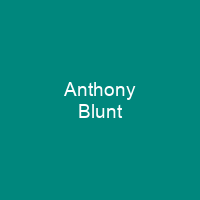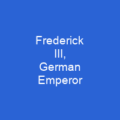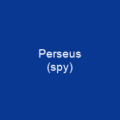Anthony Frederick Blunt was a leading British art historian. He was a member of the Cambridge Five, a group of spies working for the Soviet Union. In 1964, after being offered immunity from prosecution, Blunt confessed to having been a spy. His confession, a closely guarded secret for years, was revealed publicly by Margaret Thatcher in November 1979.
About Anthony Blunt in brief

His graduate research was in French art history and he travelled frequently to continental Europe in connection with his studies. He became a fourth cousin once removed of Sir Oswald Ernald Mosley 6th Baronet of Ancoat, leader of the British Union of Fascists, both being descended from John Parker Mosley. Blunt’s father, a vicar, was assigned to Paris with the British embassy chapel, and moved his family to the French capital for several years during Anthony’s childhood. The young Anthony became fluent in French and experienced intensely the artistic culture available to him there, stimulating an interest which lasted a lifetime and formed the basis for his later career. His brother was the brother of writer Wilfrid Jasper Walter Blunt and of numismatist Christopher Evelyn Blunt, and the grandnephew of poet Wilfri Scawen Blunt. He met the future poet Julian Bell through the Cambridge Apostles, a clandestine Cambridge discussion group of 12 undergraduates, mostly from Trinity and King’s Colleges who considered themselves to be the brightest minds. Many others were homosexual and Marxist at that time. Amongst the other members were Victor Rothschild and the American Michael Whitney Straight, the latter of whom was also suspected of being part of the spy ring also later used by MI5. The third cousin of Queen Elizabeth the Queen Mother: his mother was the second cousin of Claude Bowes-Lyon, 14th Earl of Strathmore and Kinghorne.
You want to know more about Anthony Blunt?
This page is based on the article Anthony Blunt published in Wikipedia (as of Dec. 10, 2020) and was automatically summarized using artificial intelligence.







